The ongoing drought in Zambia is having critical consequences on agriculture, water, energy and food security with millions of people affected. Children are losing concentration or dropping out of school and a lack of water is making it difficult for young women to manage their personal hygiene during mensuration, blogs Shreeram KC, Deployable Communications Specialist at Plan International.
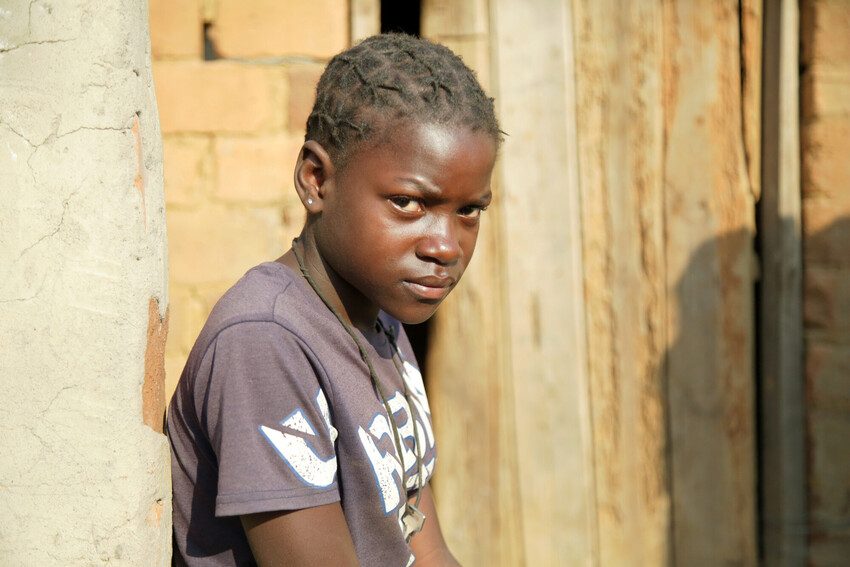
“I only think about my next meal. I have only eaten once today. Before this drought, we used to eat 3 times a day.”
This is what 13-year-old Nelly told us when we met her at her home in Zambia’s Central Province. The region is one of the hardest hit by Zambia’s ongoing drought caused by El Niño weather conditions. Nelly goes to school, but because she only eats one meal a day, she says she is at risk of falling behind as she struggles to concentrate in class.
As we sit together in a quiet corner under a flowering mango tree at her home, we meet her 54-year-old mother, Jennifer. Despite the tree’s vibrant blossom, all the other plants in her garden are dry and withered. Jennifer is happy at first, but when we start talking about the drought, her face becomes sad and her voice softens.
You can feel that the lack of food is making everyone tired and lethargic, and after a break we resume our conversation. Jennifer is worried. “We have lost everything because of the drought, I no longer know how to feed my children 3 meals a day,” she says.
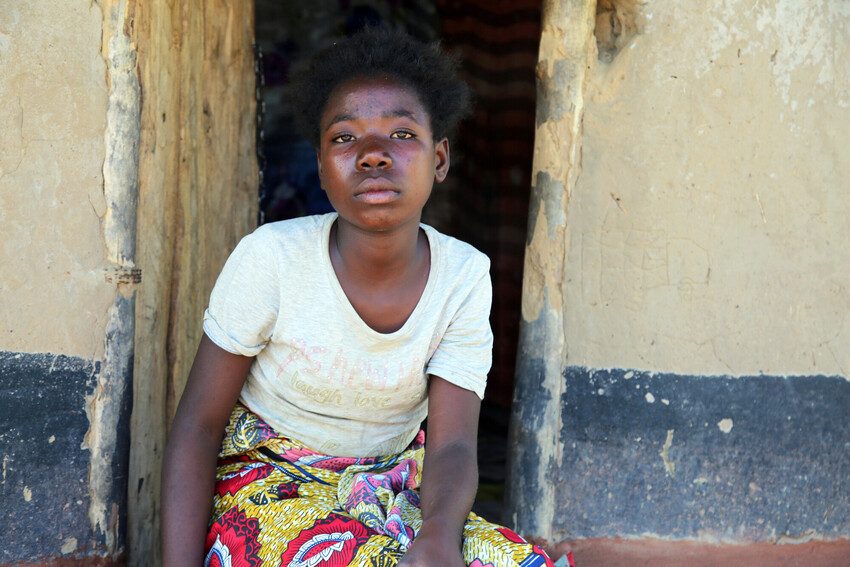
“I only think about my next meal. I have only eaten once today. Before this drought, we used to eat 3 times a day.”
Nelly, 13, pictured left.
As I enter their front yard, where the kitchen is located, I notice that the utensils are unused and the jars are empty. Unfilled storage bags lie on the floor. The water pots are only half full, which Jennifer tells me she has spent hours collecting. She walks 2 hours every day to fetch water. If the borehole dries up, she will have to walk even further, which is a likely scenario in the coming days.
Later we meet Francis, one of the many community volunteers who support Plan International’s work in Zambia. He shares Jennifer’s concerns about the borehole drying up. Francis, who regularly visits families affected by the drought to gather information, says the situation is deeply troubling.
“This drought is the worst for us, everyone is badly affected. Farmers have lost their crops and are selling their livestock to survive. Water sources are drying up, some families have to walk up to 10 kilometres to fetch water, and even then the water is not clean. If these conditions continue, I don’t know how we will survive.”
On our way back from visiting the community, we stop at a farm. The land is dry, the dead plants have turned to dust. Musenge Chipwende, Plan International’s media officer in Zambia, is keen for us to see the effects of the drought. “About a million hectares of land are in the same situation. It’s a huge loss and families have no choice but to eat 1 meal a day,” he says.
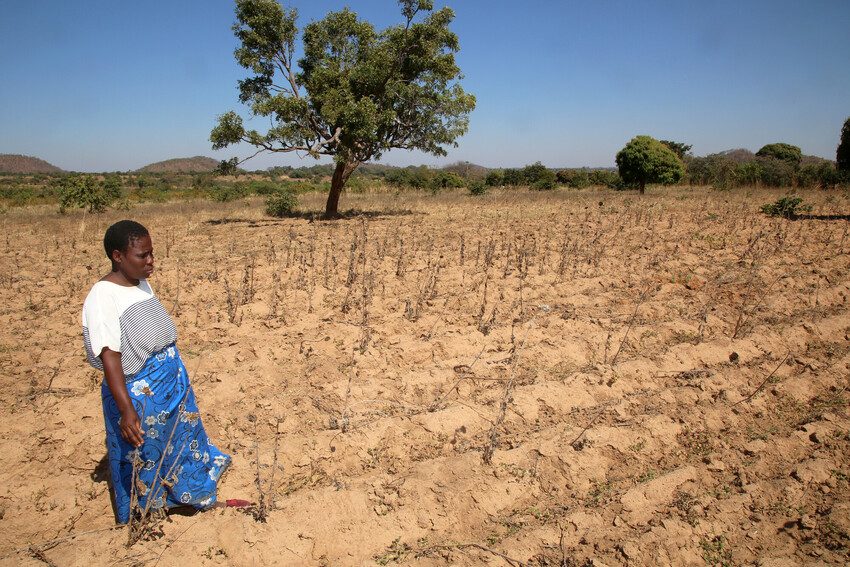
Girls and women face the greatest challenges
Although the drought affects everyone, it’s girls and women who feel the impact the most. Most girls are tasked with collecting water for their families, exposing them to higher levels of violence and abuse as they walk longer distances to water points. Mothers who make the same long journey have to carry their babies on their backs. Walking for hours with little food in their stomachs is hard and uses up what little energy they have.
The lack of water also makes it difficult for girls and women to manage their menstruation and personal hygiene – without enough water, it becomes harder to keep themselves and their personal belongings clean during their periods.
Families who have lost their crops, usually their main source of income, are now being forced to sell the livestock they have left to pay for their children’s schooling. I am told that many families prioritise the education of boys and often girls are the ones forced to leave school when a difficult decision has to be made.
One mother told me that many girls who drop out of school move to the cities to look for work, and some even resort to prostitution to survive. Locals tell me that cases of this increased when the drought hit the area.
“We have lost everything because of the drought, I no longer know how to feed my children 3 meals a day.”
Jennifer, pictured right with 2 of her daughters.
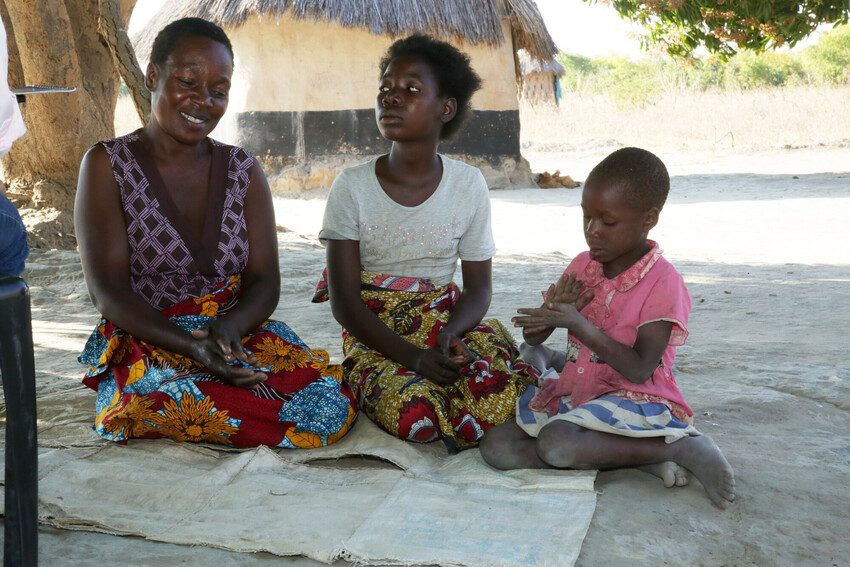
Drought affects everyone’s lives
It’s clear that the drought in Zambia has made life difficult for everyone, especially children. Those who are still in school quickly lose concentration in the classroom as lack of food means they do not have enough energy to concentrate on their schoolwork.
The country’s electricity supply is also severely affected by low water levels, resulting in daily power cuts that typically last between 12 and 18 hours, and sometimes longer. The power cuts make life miserable for everyone and limit people’s access to mobile phone networks.
The drought is the worst the country has experienced in decades. The normal rainy season lasts from October to January, but the below-average rainfall is destroying crops. “Last year, the rains came late and ended quickly. This led to the loss of our crops, especially maize,” explains one farmer I spoke to.
According to the government’s Food Security Drought Response Plan, released in April 2024, the drought has affected 9.8 million people in 84 out of 116 districts, leaving 6.6 million people in need of assistance. An estimated $941 million is needed for response and recovery efforts.
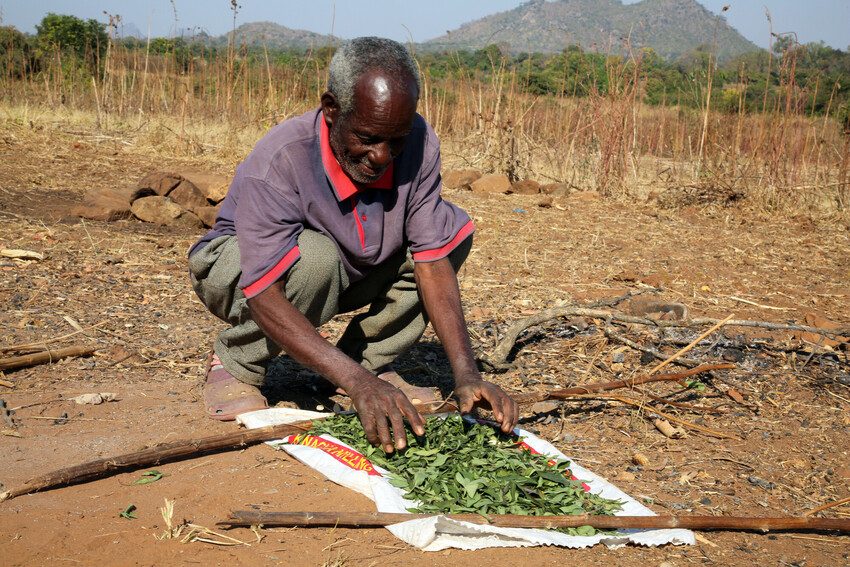
“Last year, the rains came late and ended quickly. This led to the loss of our crops, especially maize.”
Explains a farmer.
How Plan International is responding to the drought
Our emergency response teams have been assessing the impact of the drought, which was declared a national emergency in February 2024. Working closely with the government and community leaders, Plan International is transporting government-provided maize to families, along with items such as cooking oil, salt and high-energy protein supplements. So far, our response has reached 118,790 people.
As well as providing emergency relief, Plan International is also working on resilience-building initiatives, including drilling boreholes to ensure families have access to water for domestic use and to irrigate their land so they can restart their farms. However, additional funding is urgently needed to meet our response target.
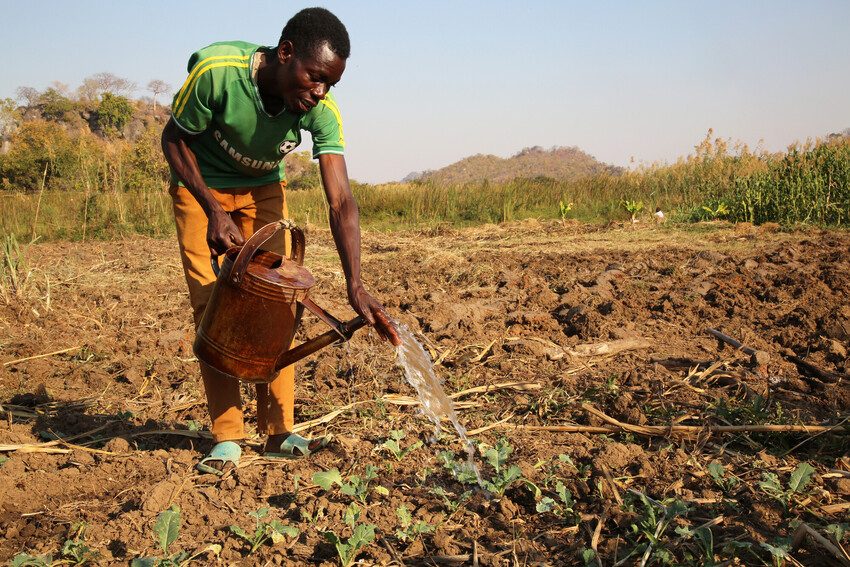
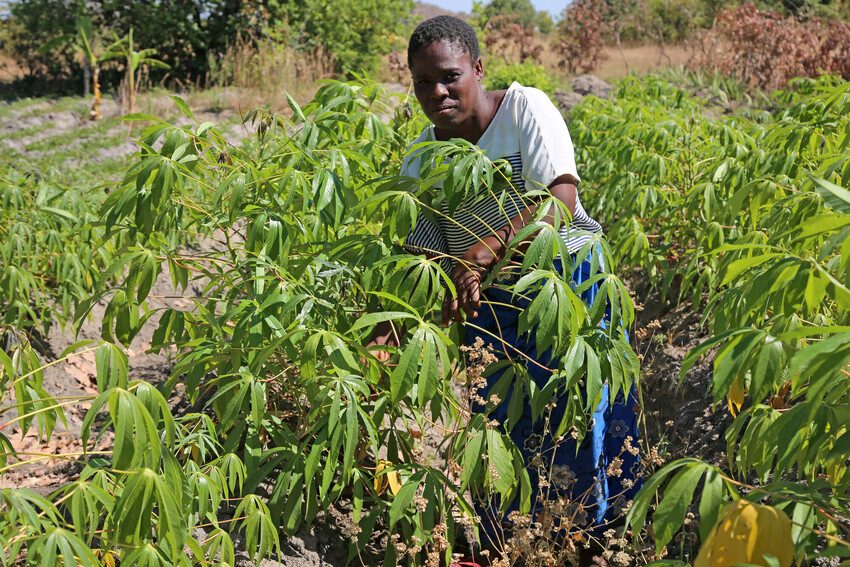
No one should have to fear hunger
The Zambian government is currently conducting a second vulnerability assessment to determine the exact level of need in the country, but the families we met described their fear of further hunger if the situation remains the same, as their current food supplies are insufficient.
“Some of my classmates have already left school to look for food,” says 11-year-old Majory, who fears that she will soon join her friends in searching for food and water every day instead of studying.


